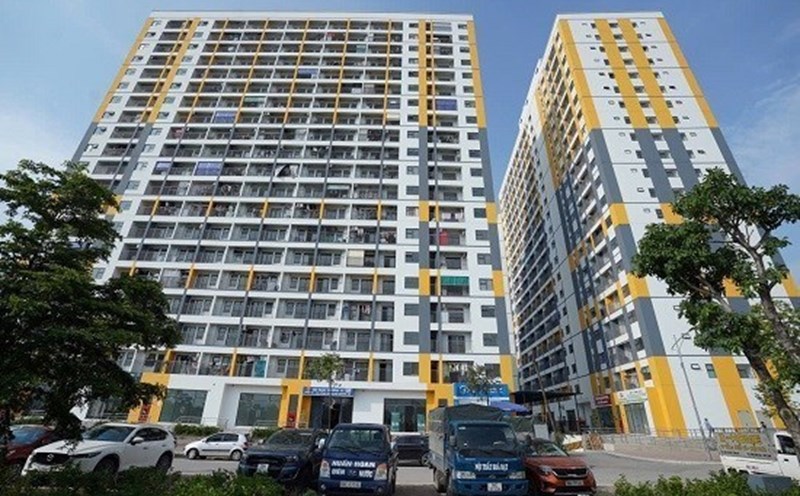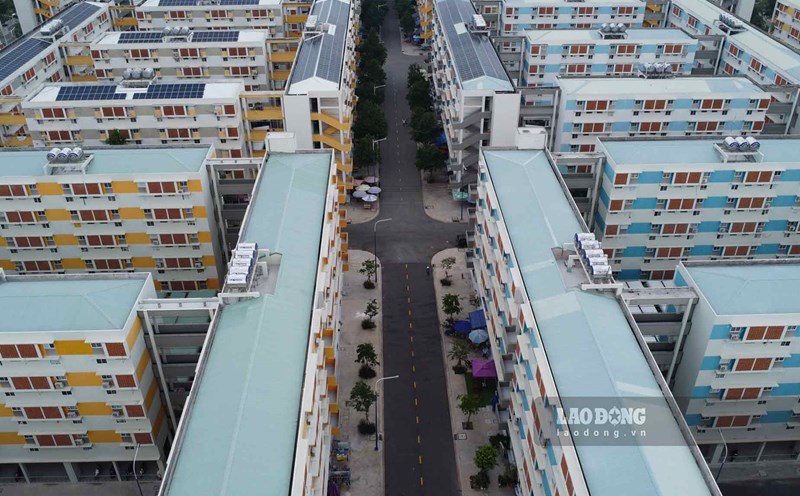According to current regulations, one of the conditions for people to buy social housing is an income of no more than 15 million VND/month (for single people) and no more than 30 million VND/month (for husband and wife).
The Ministry of Construction proposes that single people with an income of no more than 20 million VND/month and households with a couple not exceeding 40 million VND/month will be approved.
Thus, people with an income of over 15 million VND/month, under 20 million VND/month as before who were " backward-throwing" can now buy social housing.
Workers in big cities like Hanoi and Ho Chi Minh City, with an income of 40 million VND/month for a couple, can hardly buy a commercial house but only rely on social housing.
Therefore, for the majority of workers with average incomes, raising the threshold for buying social housing is an opportunity for them to settle down.
However, people who need to buy social housing all want the quality of the house to be guaranteed to have a stable long-term life. Social housing cannot be left unused, and will only become dilapidated, ugly, or even dangerous apartments a few years later.
We cannot follow the number of social housing but lower technical standards, and then just ten years later, a series of old, outdated apartment buildings will appear, spoiling the urban beauty.
Social housing is cheaper than commercial housing but that does not mean it is "cheap". Cheap because social housing has support policies, limited areas, not cheap because of poor technical infrastructure.
Social housing buyers do not only have a place to "go in and out", but also have the need to live in a modern, civilized and safe space. Social housing residential areas are connected to other areas through a convenient transport infrastructure system.
Social housing is not built in a place where "the monkey coughs and stings", but is an area with full conditions and utilities for life and activities such as supermarkets, schools, medical facilities, entertainment areas, cultural and sports activities.
There are regulations on subjects eligible to buy social housing, but financial support is needed for the product to reach people with real needs.
Young people do not have savings and low-income people cannot afford to pay for apartments even though they are cheap. Therefore, low- interest rate and long-term loan packages from banks are very necessary.
A long-term loan package with a term of 20 - 30 years will create more opportunities for workers to access social housing.











